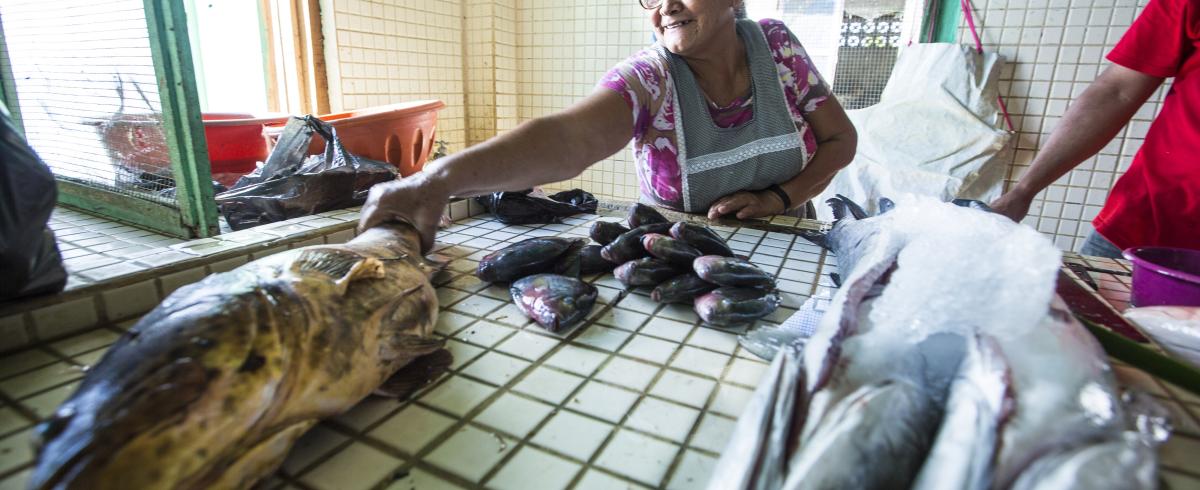The Silent Wave - A fisheries cooperative in India responds to Covid-19
Shot during the peak of the first wave of Covid-19 in India, this documentary tells the story of how the fishermen and women of Kollam coped with the lockdown and the widespread disruptions in their fisheries. Responding to the crisis, the local fisheries cooperative introduced a major change to the prevalent auction system. The innovation was aimed at both ensuring the safety of the coastal fishing community, and correcting the power imbalance between fishers and traders. But the new system had some unforeseen consequences.

